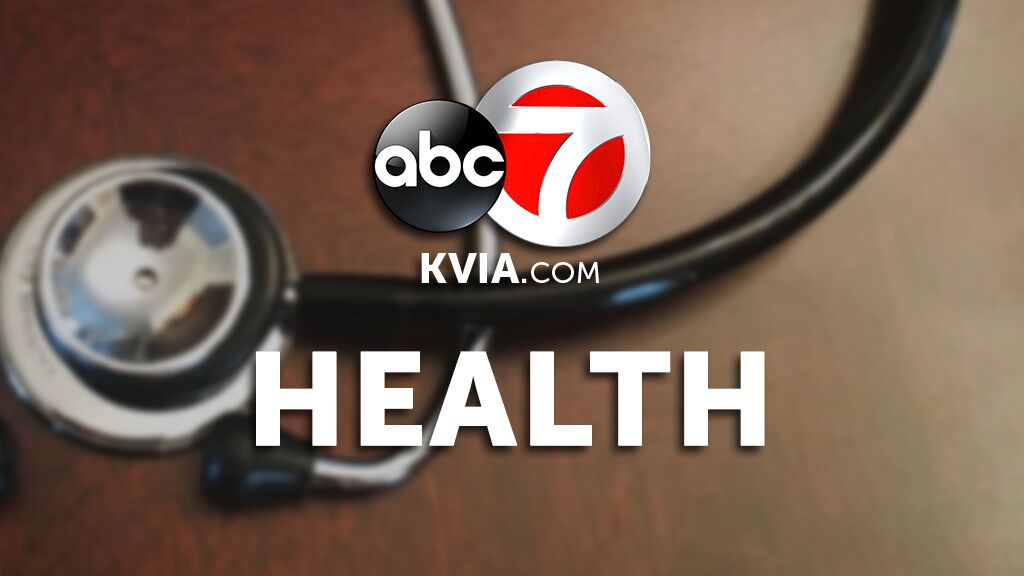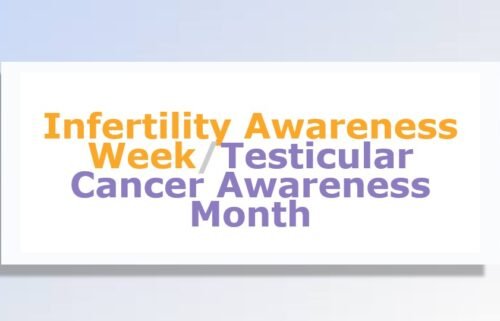Reduce cholesterol earlier in life to prevent heart problems later, study says

To prevent heart problems later in life, people 45 and younger with higher levels of bad cholesterol might want to change their eating and exercise habits, or even talk to their doctor about medications such as statins, a new study says.
The study, published in the medical journal the Lancet on Tuesday, is one of the most comprehensive analyses of the long-term risk of cardiovascular disease related to what’s known as non-HDL cholesterol.
Non-HDL cholesterol is your total cholesterol value minus your HDL, or “good,” cholesterol. Non-HDL cholesterol includes LDL, or “bad” cholesterol, that builds up in the walls of your arteries, restricting blood and oxygen flowing to your heart, and triglycerides, the fat carried in your blood from the food you eat.
Reducing risk by lowering cholesterol earlier
The study looked at the records of almost 400,000 people. Their ages ranged from 30 to 85 years and the patients came from 19 countries. They were tracked for a median of 13.5 years.
Looking at this data, the group that was most at risk for future heart problems related to non-HDL cholesterol were the people who younger than 45 years old.
The study found that women under the age of 45 with non-HDL cholesterol levels that were less than optimal had a 16% probability of having a non-fatal heart disease event or stroke by the time they turned 75. That’s if the women had at least two additional cardiovascular risk factors, like they were overweight. For older women with the same risk factors, the risk was 12%.
For men under 45 with those same risk factors, the risk was 29%. For men 60 and older, it was 21%.
“The increased risk in younger people could be due to the longer exposure to harmful lipids in the blood,” said Barbara Thorand, author of the study and researcher with the German Research Center for Environmental Health in Germany.
Most cholesterol goal calculators and current cholesterol guidelines are based on a 10-year risk of having a heart attack. This study suggests that calculation could be underestimating the risk, but more research needs to be done.
The study’s authors calculated the risk further and say, hypothetically, if people in the under-45 age group cut their non-HDL cholesterol levels in half, they’d reduce their risk of heart problems significantly, from about 29% to 6% for men and 16% to 4% for women — despite other cardiovascular risk factors.
That means the risk reduction is much larger if cholesterol levels come down at a younger age.
How to lower your cholesterol
Dr. Roger Blumenthal, director of Johns Hopkins Ciccarone Center for the Prevention of Cardiovascular Disease, said the Lancet study is an “extremely well-done analysis” that is “very helpful to clinicians and patients.”
Blumenthal did not work on the new study, but helped write the current American Heart Association cholesterol treatment guidelines. He said doctor-patient conversations are “key” to good heart health and this information could be another part of the conversation.
“Now there is even greater long-term data, in such a large number of patients, that shows why striving for lower cholesterol numbers is so important,” Blumenthal said.
To lower your cholesterol, the AHA guidelines suggest patients start with lifestyle changes first.
“Avoid gaining weight, try to avoid being sedentary,” Blumenthal said. Exercise for 30 minutes a day, five days a week, at least. Don’t smoke, or do stop using tobacco products. Keep calories to a healthy amount; the current US dietary guidelines say that would be 1,600 to 2,400 calories per day for adult women and 2,000 to 3,000 calories per day for adult men.
If a patient’s cholesterol levels still remain high, starting on a statin earlier, rather than waiting, can reduce heart attacks or strokes.
“In the American Heart Association guidelines we talk a lot about a risk reduction and we try to prevent problems by giving patients as much good information as possible,” Blumenthal said. “This article reinforces the idea that earlier intervention, to keep cholesterol levels in a desirable range, rather than delaying to much later in life, needs to be discussed clearly and early.”
Heart disease is the No. 1 killer in the world and the number of people dying from heart problems has been rising.
Dr. Nieca Goldberg, a cardiologist at New York University Langone Hospitals who did not work on the study, said she thinks this focus on measuring non-HDL cholesterol to reduce long-term risk of heart disease is a smart approach.
Goldberg said she emphasizes with her patients that good heart health starts with a lifetime of good lifestyle choices.
“Diet and exercise is the mainstay, it remains the foundation of heart disease prevention that may be hard for some, but we can find ways for everyone to do it,” Goldberg said.



